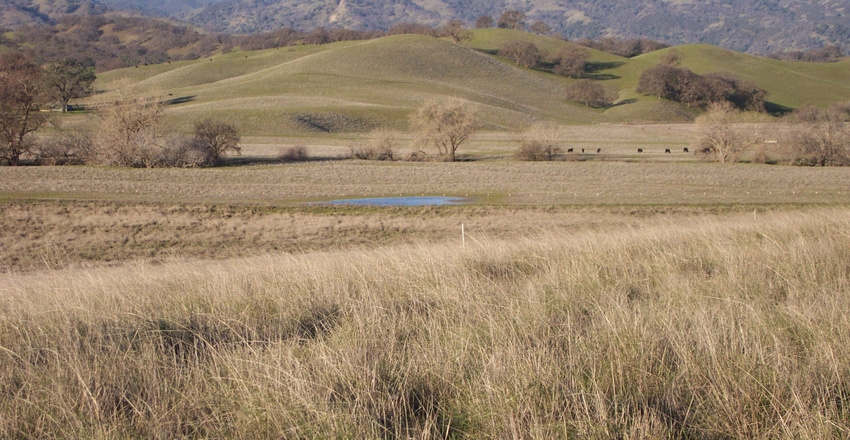November 12, 2021

Research spending at universities aids discovery of new knowledge about a specific topic. A new appointment, funded by a donation to WSU, will develop teaching resources for faculty to improve learning for students.
The Washington Soil Health Initiative, recently funded with a $2.1 million annual allocation from the Washington State legislature and Gov. Jay Inslee, is a partnership among Washington State University, the Washington State Department of Agriculture and Washington State Conservation Commission.
“The Soil Health Initiative is a win-win for groups that haven’t always gotten along: farmers and environmental groups,” said Chris Benedict, a WSU Extension Regional Extension Specialist and a leader in the initiative. “We all want to maintain agricultural productivity across the state and protect our soils. From an environmental perspective, we hope to see carbon sequestration or water quality benefits from this partnership.”
Key industries involved include growers of potatoes, wine and juice grapes, dryland agriculture and tree fruits, such as apples, pears, and cherries, among others.
The initiative includes a series of Long Term Agroecological Research and Extension (LTARE) projects, envisioned to run for at least 15 to 20 years, which is much longer than most grant-funded projects. Some sites will be considered large-scale in the agricultural research world, with experiments on a dozen or more acres. A pilot site is already in operation.
In 2019, the legislature included initial funding to explore viability of the project. Scientists launched the first LTARE site at WSU’s Northwestern Washington Research and Extension Center in Mount Vernon, as mandated in the initial funding.
Site will benefit farmers
Deirdre Griffin-LaHue, a WSU assistant professor of soil health and sustainable soil management at WSU Mount Vernon oversees the site’s LTARE, which began this spring after years of planning. The 16-acre site will benefit farmers as the experiments age.
“We set it up after talking with local stakeholders to address soil challenges they think are most relevant,” Griffin-LaHue said. “The focus is on broader systems, not individual factors where a researcher changes one thing to see what impact it has.”
The project is also adaptable, so if a currently popular crop falls out of favor, it can be replaced in the experiments.
“If we set this up 10 years ago, we would have included green peas,” LaHue said. “But now very few farmers grow them. We have a long-term framework, but we can adapt within that.”
The Mount Vernon LTARE is one of several included in the initiative. Planning for a tree fruit plot is underway near Wenatchee, and a potato location will likely start near Othello in the coming years.
Tianna DuPont, a tree fruit Extension specialist at WSU’s Wenatchee Tree Fruit Research and Extension Center, is leading the planning effort for their LTARE.
“We have an advisory group established to help identify specific goals and treatments, so we have a thought-out plan that’s focused on where the needs and the curiosity of the industry overlap,” she said.
Team of experts
DuPont is also working with Griffin-LaHue and other national experts who have started LTARE plots to glean helpful tips and to not repeat mistakes they may have learned the hard way.
Partnerships with WSDA and the Conservation Commission are a key aspect of the initiative, allowing for research that goes beyond helping farmers grow better, more productive crops.
“With the Soil Health Initiative, food scientists or nutritionists within the WSU medical school could get involved with soil scientists,” Benedict said. “There are opportunities to develop new technologies and instruments to assess soil health that could include partnerships in engineering.”
Other priorities include developing universal, low-cost soil health measurement tools and metrics, preservation of existing soil organic matter and increasing the public’s understanding of soil health.
“This is a huge project, and we’re really excited to finally have this roadmap in place,” Benedict said. “Now we’ll all start working on measuring and improving soil health in Washington to help the entire state.”
Source: Washington State University, which is solely responsible for the information provided and is wholly owned by the source. Informa Business Media and all its subsidiaries are not responsible for any of the content contained in this information asset.
You May Also Like




